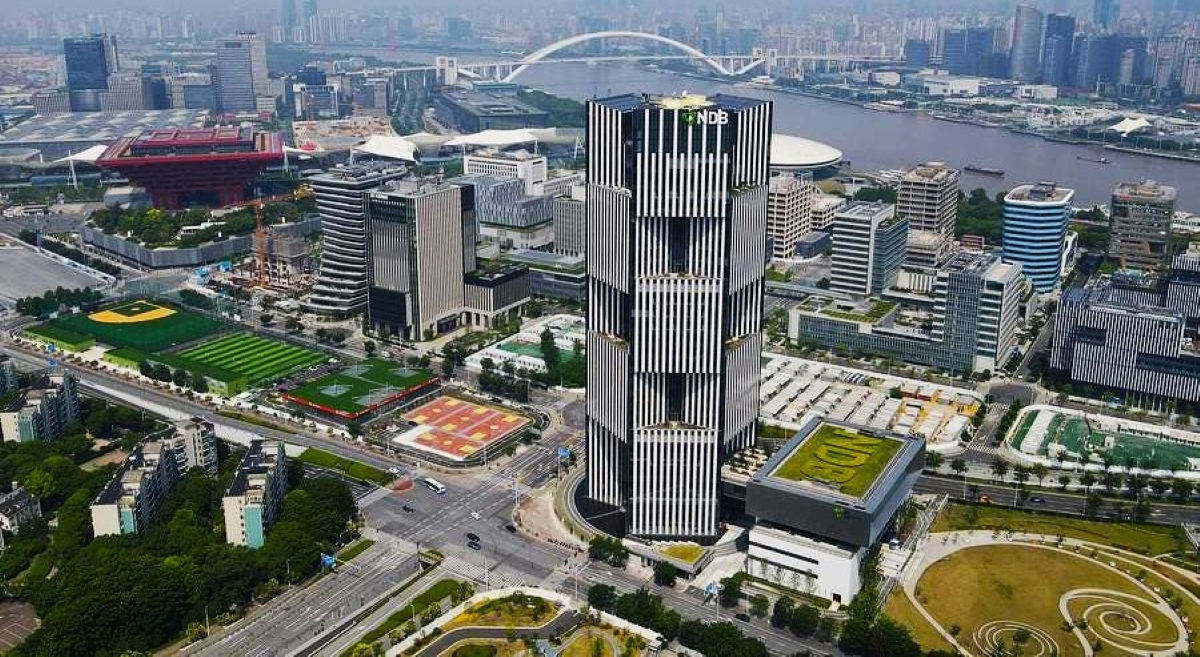By Shen Shiwei
With its recent expansion, BRICS is now reported to represent about 41 percent of the world’s population which should be roughly 4 billion people and counting.
It is important to note that the BRICS is “Non-West” but not “Anti-West.” The group does not seek to create a new world order that excludes the West. Instead, it aims to build a more inclusive global environment where the voices and interests of all, especially those in the Global South, are heard and respected.
The 2025 BRICS Summit in Brazil, on the other hand, takes place at the time when the world grapples with a rapidly changing global landscape.
Existing global structures are under scrutiny for failing to meet the diverse needs of all nations.
The growing significance of BRICS on the global stage is increasingly clear, both in demographic and economic terms.
This demographic heft, combined with its expanding economic clout, positions the BRICS mechanism as a crucial force for rectifying the imbalances in the international order.
A key aspect of the BRICS’ influence lies in its institutional framework, particularly the BRICS New Development Bank (NDB).

The inclusion of Colombia and Uzbekistan in the NDB is a testament to the growing influence and reach of the BRICS.
The New Development Bank’s mission to finance infrastructure and sustainable development projects in BRICS and other Global South countries is more relevant than ever.
Over the past decade, the NDB has approved more than 120 projects worth a total of USD 40 billion, offering financial support to member countries across various sectors, including infrastructure, clean energy, environmental protection and digital development.
By providing an alternative source of funding, the NDB helps these countries break free from the constraints of traditional, often Western-dominated financial institutions, addressing the long-standing issue of developing nations struggling to access sufficient and affordable capital.
It is important to note that the BRICS is “non-West” but not “Anti-West.”
The group does not seek to create a new world order that excludes the West.
Instead, it aims to build a more inclusive global environment where the voices and interests of all, especially those in the Global South, are heard and respected.
The BRICS Summit offers a platform for Global South countries to voice their perspectives and demonstrate their commitment to building a more inclusive, equitable and sustainable world.
With diverse economies and rich cultures, BRICS nations uniquely provide alternative perspectives on global issues like climate change, trade and economic development.
The BRICS mechanism has been a strong advocate for fairness and justice in the global arena.
In the face of ongoing geopolitical tensions, it prioritizes dialogue and peaceful resolutions – contrasting with confrontational Western-led approaches.
On trade, BRICS promotes free and fair practices, resisting protectionism that harms developing nations. This commitment to inclusivity makes it a vital counterbalance to unequal global systems.
Moreover, BRICS expansion is not merely about membership growth but enhancing its capacity for positive change.
A larger membership allows pooling resources, sharing best practices and forming a united front on key issues.
This unity challenges the power dynamics that sustain global imbalances, empowering the Global South to shape a more just order.
The BRICS mechanism, as it continues to grow and adapt, is indeed one of the necessary measures for correcting the imbalanced world.
It offers hope for a more just, inclusive and sustainable global order. As the world watches the 2025 BRICS Summit in Brazil, the anticipation is high for more concrete steps towards a fairer world.

